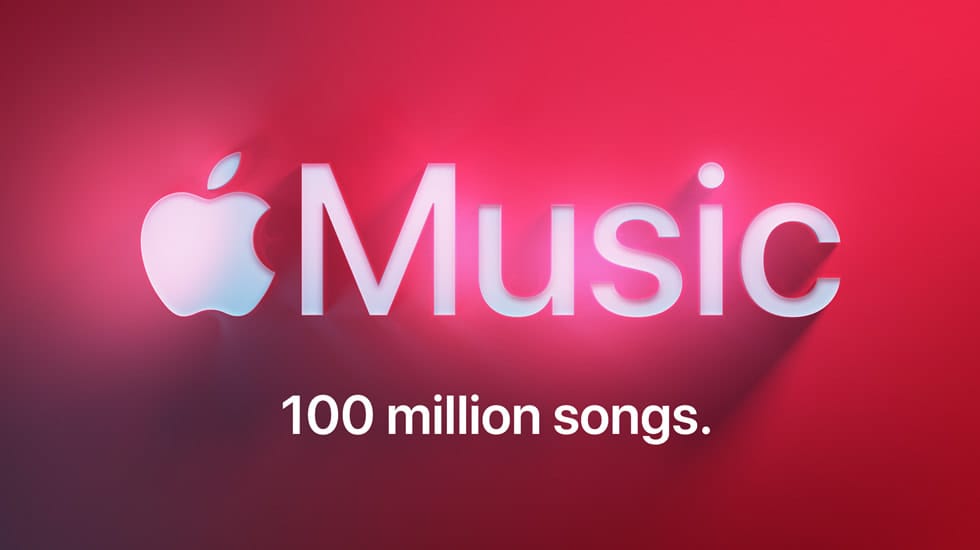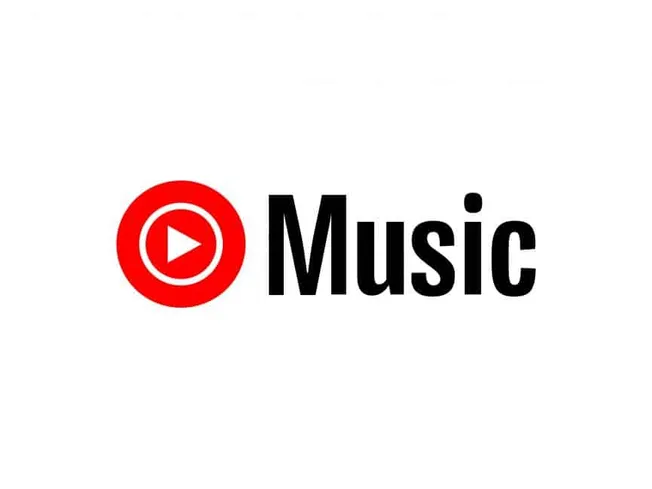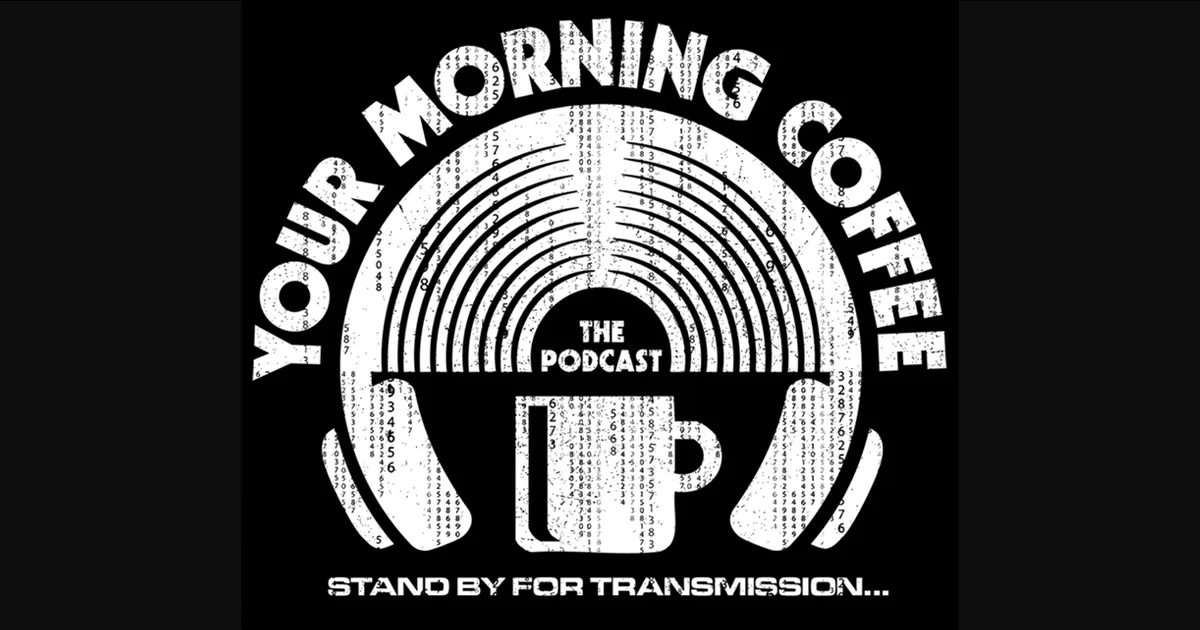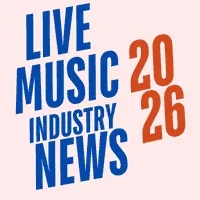YouTube Music now hosts 100 million tracks, the streamer tells Hypebot. That matches the 100 million song catalog announced by Apple Music last week.

Amazon Music, Tidal, and Deezer all reportedly offer 90 million tracks. Spotify hosts 82 million tracks, according to stats shared earlier this year. The number of tracks on these services is now likely higher than their last reported total.
HYPEBOT TAKEAWAY: 100 million is more than just a number.
With Apple Music and YouTube Music catalogs topping 100 million tracks each and other streamers not far behind, plus 100,000 new tracks uploaded every single day, breaking through the clutter can feel like an impossible task.
Short videos and other strategies may offer a path forward, but it’s unclear whether they can spawn lasting careers.
Bruce Houghton is the Founder and Editor of Hypebot and MusicThinkTank and serves as a Senior Advisor to Bandsintown which acquired both publications in 2019. He is the Founder and President of the Skyline Artists Agency and a professor for the Berklee College Of Music.





